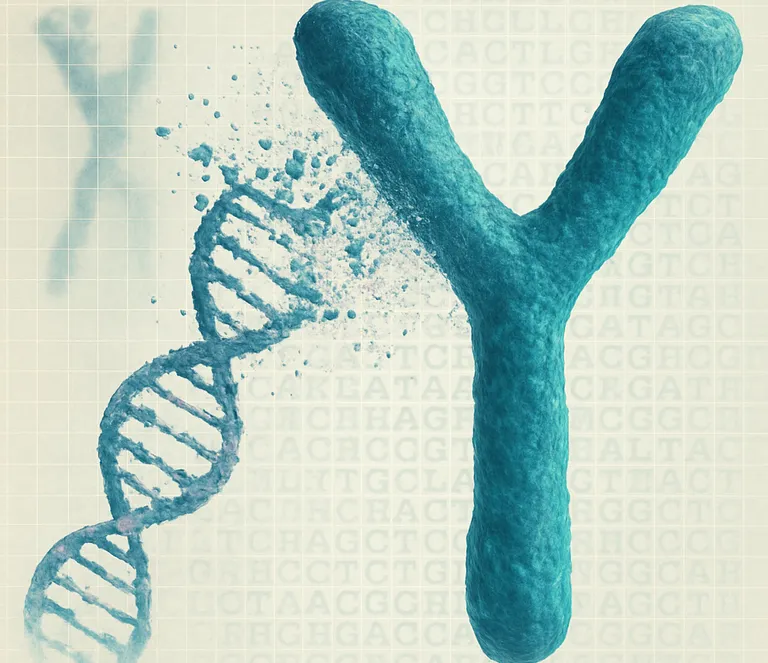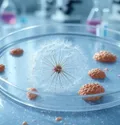A new study from La Trobe University in Melbourne, Australia, has sparked global attention — suggesting that the Y chromosome, which determines male biological sex, is slowly degrading through the course of human evolution.
While this isn't the plot of a sci-fi movie, it could have profound implications over thousands — or millions — of years.
📊 What Did the Study Reveal?
Genetic researchers from La Trobe University examined the Y chromosome’s structural stability across different species, including humans, and found:
- The Y chromosome has lost over 90% of its original genes over the last 200 million years.
- It is smaller and more fragile compared to the robust X chromosome.
- Unlike other chromosomes, the Y cannot recombine (shuffle genes with a partner) — making it vulnerable to mutations and loss of function.
🚹 What Does This Mean for Men?
The short answer: No immediate threat, but long-term evolution might paint a different picture.
🧠 “We’re not suggesting men will disappear next week,” said Dr. Paul Waters, lead geneticist on the project. “But the Y chromosome is on a path of degeneration, and it's uncertain what the endpoint will be.”
Some evolutionary theories suggest the male-determining function could be transferred to other chromosomes — or that entirely new sex-determining systems could evolve, as seen in some rodent species already.
🔬 Could This Affect Human Reproduction?
Here’s what we know:
- The Y chromosome currently plays a key role in sperm production and sex determination.
- As it loses genes, fertility and biological sex differentiation may be affected far down the evolutionary line.
- But modern science — like gene therapy, CRISPR, and IVF — could adapt far faster than evolution.
So, while the Y chromosome might vanish in a few million years (according to some models), humanity’s reproductive capacity may remain intact thanks to advancing biotechnology.
📚 Fun Fact: Not All Mammals Have a Y Chromosome
Some mole voles and rodents in Japan have completely lost their Y chromosomes — yet continue to reproduce with alternative genetic systems.
Evolution, it seems, always finds a way.
🧬 What’s Next?
Geneticists are now studying:
- How fast the Y is degrading in various human populations
- Whether gene loss correlates with any reproductive issues
- How technology may offset future challenges in reproduction
By ✍️ Tammy Castillo - MicuPost Team



